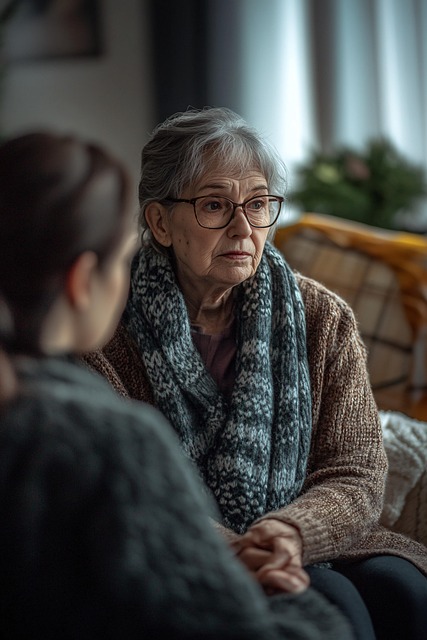Neglect in nursing homes can manifest physically (bruises, bed sores) or emotionally (depression, confusion), requiring families to stay vigilant. If signs of physical or emotional abuse, including potential elderly sexual assault, are observed, consult elderly sexual assault attorneys in Baltimore for legal guidance and justice. These specialists document behaviors, navigate complex laws, and support victims while holding perpetrators accountable.
In Baltimore, ensuring the well-being of aging loved ones in nursing homes is paramount. However, recognizing signs of negligence can be challenging. This guide equips families with knowledge to identify physical and emotional neglect, critical steps to take if you suspect abuse, and understanding the legal landscape with expert advice from elderly sexual assault attorneys in Baltimore. By being vigilant, we can uphold the dignity and safety of our elders.
Recognizing Physical Signs of Negligence

Recognizing physical signs of negligence is a critical aspect of ensuring the well-being of your loved ones in nursing homes. As elderly individuals are often vulnerable, any visible indicators of mistreatment or neglect should not be ignored. Common physical signs include unexplained bruises, cuts, or welts, which could suggest physical abuse. Additionally, bed sores, particularly in immobile residents, are a significant red flag; regular turning and positioning should prevent these injuries.
Family members should also look out for signs of poor hygiene, such as unkempt hair and body, soiled bedding, or an overall unclean environment. These conditions can lead to health complications and may indicate a lack of proper care. Moreover, sudden changes in behavior, like extreme agitation, confusion, or withdrawal, could be indicative of physical or emotional abuse, including possible elderly sexual assault. If any such signs are observed, it is advisable to consult with experienced elderly sexual assault attorneys in Baltimore to understand your legal rights and options for justice.
Identifying Emotional and Mental Neglect

Emotional and mental neglect in nursing homes can often go unnoticed, but it’s crucial for families to be vigilant. This type of neglect isn’t always physical; it involves a failure to meet an elderly resident’s social, emotional, and psychological needs. Signs may include severe depression, anxiety, or aggression, as well as social withdrawal from activities and interactions with others. If a nursing home resident seems isolated, shows sudden changes in behavior, or exhibits signs of stress or confusion, it could indicate emotional neglect.
Families concerned about potential neglect should also look for red flags like a lack of stimulation or engagement in meaningful activities, poor grooming, and inappropriate dressing. Moreover, if staff members seem indifferent to the resident’s feelings or consistently fail to respond to their needs, it may suggest emotional and mental neglect. Elderly sexual assault attorneys in Baltimore emphasize that documenting these behaviors is essential, as it can be critical evidence if legal action becomes necessary.
Understanding the Legal Aspects: Elderly Sexual Assault Attorneys in Baltimore

In the unfortunate event that a loved one residing in a Baltimore nursing home has experienced or is at risk of elderly sexual assault, understanding the legal landscape is crucial. Families must be aware of their rights and options, especially when seeking justice through experienced elderly sexual assault attorneys in Baltimore. These professionals are well-versed in navigating complex legal systems to ensure victims receive the support and compensation they deserve.
Elderly sexual assault cases require a delicate approach, given the sensitive nature of the issue. Baltimore’s legal community offers specialized services, providing families with the necessary guidance. Elderly sexual assault attorneys in Baltimore are adept at handling such cases, employing strategic legal tactics to hold perpetrators accountable while offering support to victims and their families. This expertise is invaluable in securing justice and preventing similar incidents from occurring again.






